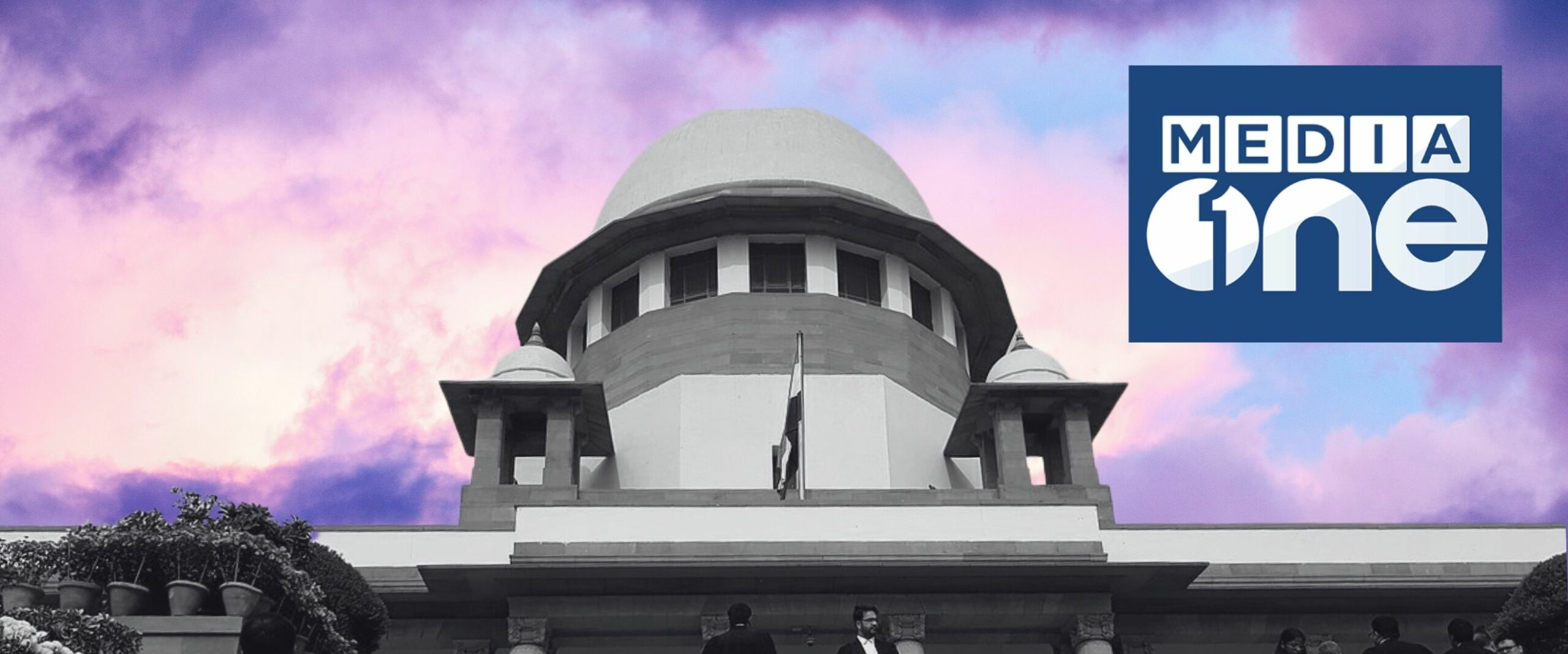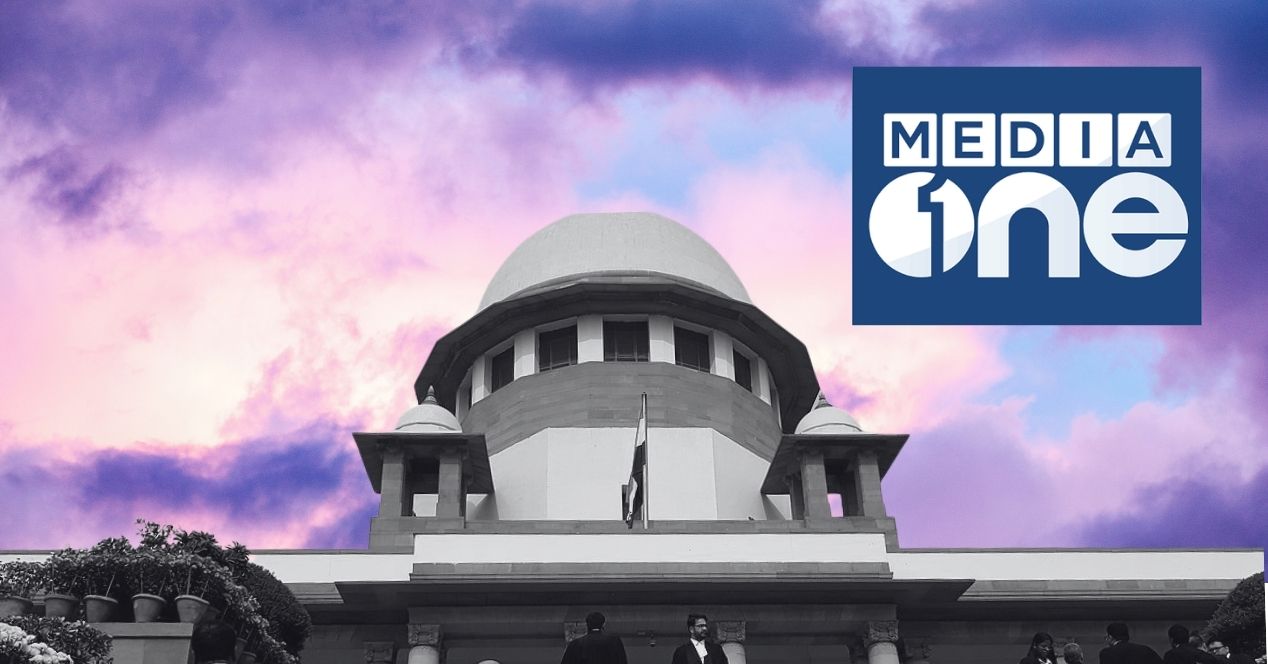Analysis
Judgement Pronouncement: MediaOne Broadcast Ban
The Supreme Court quashed the broadcast ban placed on MediaOne TV and cautioned the Union against sealed cover submissions.

Today, the Supreme Court quashed the Union’s broadcast ban against MediaOne TV. The Judgement, authored by CJI D.Y. Chandrachud, held that the Union could not use unsubstantiated ‘national security concerns’ to violate press freedom and the freedom of speech.
Background of the Case
MediaOne TV is reportedly operated by the Jamaat-e-Islami Hind (JEIH), a socio-religious organisation that is involved in a number of academic, faith-based and policy projects. In January 2022, the Ministry of Information and Broadcasting (I&B Ministry) refused to renew MediaOne TV’s transmission license, barring them from continuing operations. The I&B Ministry cited national security concerns, indicating that the Union had issues with the content aired by the channel.
The broadcast ban was immediately challenged at the Kerala High Court. However, the Union’s submissions were made through a ‘sealed cover’—only the Bench was privy to the material that formed the basis of the ban. MediaOne was denied access. In February 2022, the Kerala HC upheld the ban and stated that the Union’s sealed cover submissions showed that the national security concerns were justified.
In March 2022, MediaOne TV challenged the Kerala HC’s decision at the Supreme Court. Additional Solicitor General K.M. Nataraj claimed the material informing the ban was sensitive and could only be submitted to the bench in a sealed cover. Although the Supreme Court could not require the Union to submit the material normally, the Bench stayed the ban after reviewing the material.
Senior Advocates Mukul Rohatgi, Dushyant Dave and Huzefa Ahmadi represented MediaOne TV. Mr. Rohatgi claimed that the ban violated MediaOne’s right to freedom of speech and expression. Mr. Dave and Mr. Ahmadi focused on the Union’s sealed cover tactics. They claimed that the Union was violating the principles of natural justice. The submissions create a bias in the minds of the Judges that cannot be refuted by the opposing parties as they are completely in the dark about the concerns raised.
A Bench comprising then Justice Chandrachud and Justice Hima Kohli reserved Judgement in the case in November 2022.
Sealed Cover Material Does Not Justify Broadcast Ban, Kerala HC Decision is Baseless
The Bench held that the broadcast ban was unjustified as there was no evidence supporting the Union’s claims that MediaOne posed a threat to national security. In their submissions, the Union argued that the channel’s critical views towards government policy and their relationship with JEIH suggested that MediaOne held ‘anti-establishment’ sentiments. However, the Bench rejected this peculiar argument stating that JEIH is not a banned organisation and that there was nothing to suggest that JEIH posed a national security risk.
Further, the press had a duty to speak truth to power. Violating MediaOne’s freedom of speech because their views did not support the establishment is unacceptable.
The Bench also levelled heavy criticism against the Kerala HC’s decision to uphold the ban. Having reviewed the sealed cover material, the SC noted that the HC provided ‘no explanation’ to justify it’s decision. The Bench criticised the sealed cover submissions as well for compromising fair proceedings by denying MediaOne the opportunity to defend themselves. They agreed with the submissions made by Mr. Dave and Mr. Ahmadi and said that sealed cover submissions have ‘rendered the rights of the petitioner as a dry parchment’.
CJI Chandrachud also gave his insights regarding sealed cover submissions. He admitted that there are situations where national security concerns will override the rights of petitioners and the principles of natural justice. However, he noted that allowing sealed cover submissions to provide ‘blanket immunity’ to the Union and should only be used when no other option is available.


